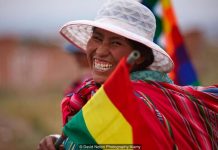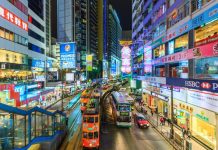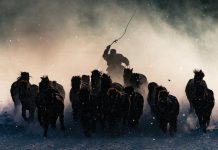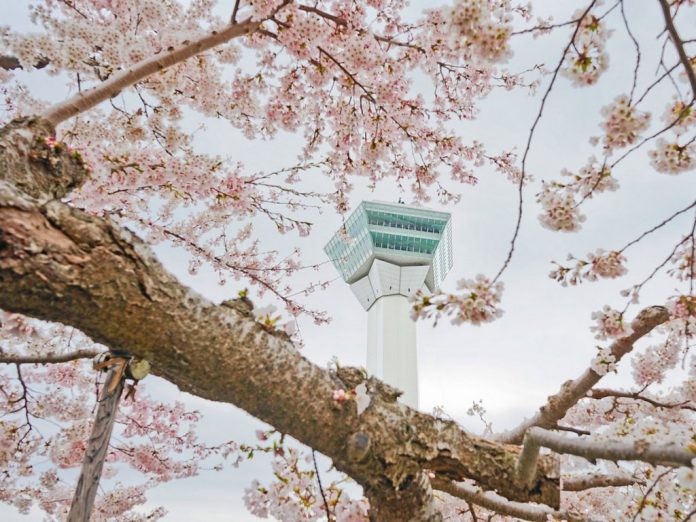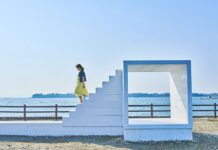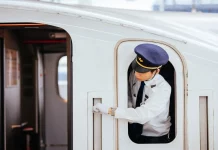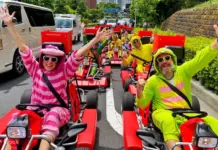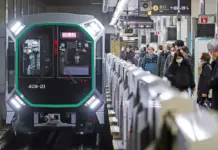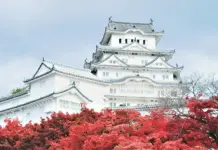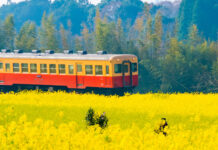Lonely Planet just named Hokkaidō, Japan, the top destination in Asia as part of their Best in Asia awards.
- 20+ photos show the beauty of manhole covers in Japan
- Sapporo Beer Museum Review. Explore & taste draft beer at Sapporo Beer Museum, Hokkaido
- 5 best place to take photos of Mount Fuji
- 10+ photos show the beautiful silent night in Tokyo
- Hokkaido itinerary 7 days — The Hokkaido travel itinerary on how to spend 7 days in Hokkaido perfectly with JR Pass?
The second largest, yet least-developed of Japan’s main islands, Hokkaidō beat out more well-known destinations like Tokyo, Bangkok, or Beijing.
Snow-capped mountains for skiers and snowboarders, as well as hot springs, volcanoes, and cherry blossoms, make Hokkaidō a hotspot for visitors year-round.
Keep scrolling to see why your next trip should be to Hokkaidō.
Sapporo is Hokkaidō’s capital, as well as its largest city. Odori Park sits in the middle of the city, separating its north and south sides.
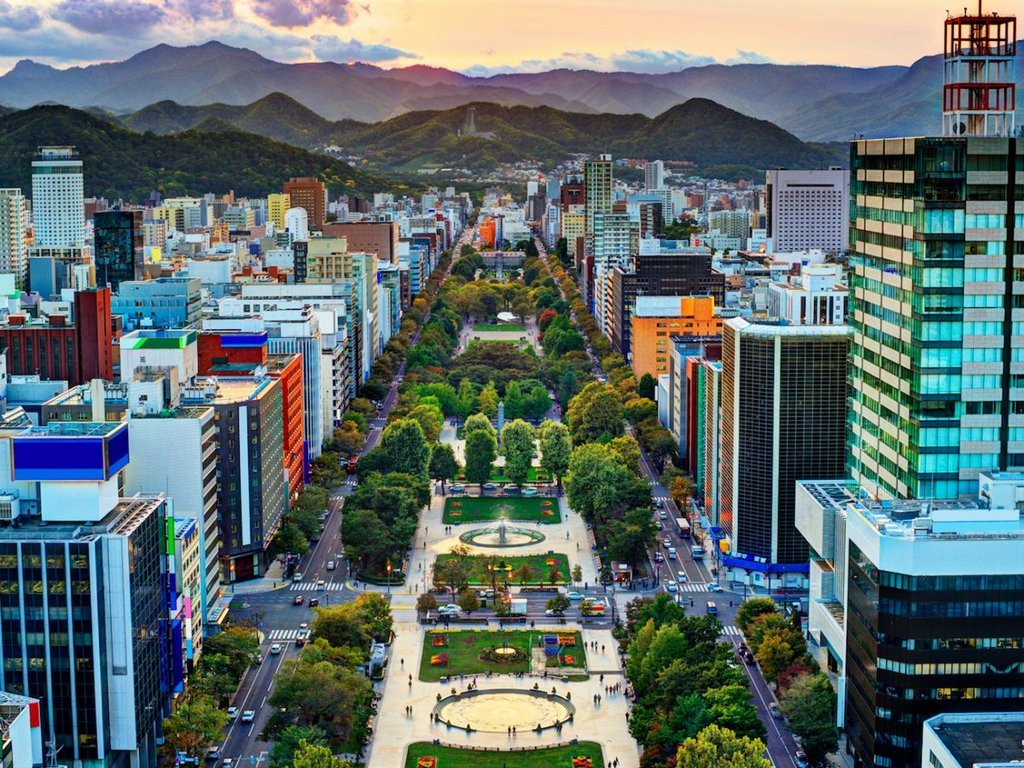
In Japanese, odori means large street. The park is a popular spot among locals, offering great views of the city’s TV tower.
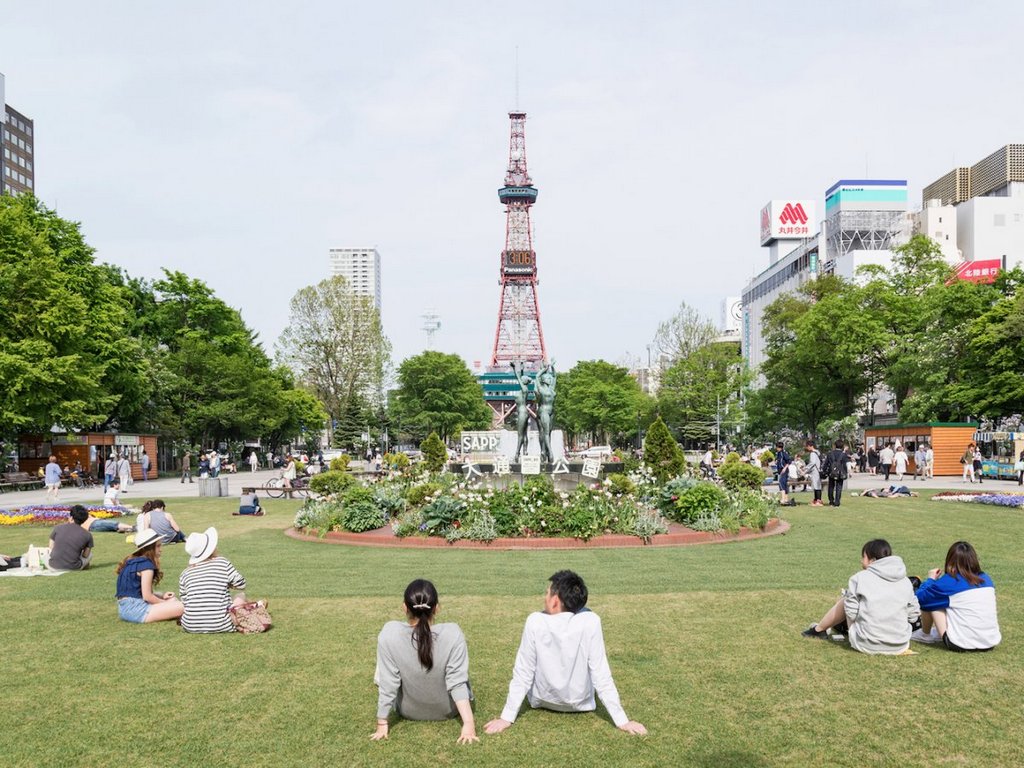
During the colder months, Odori hosts the Sapporo Snow Festival.
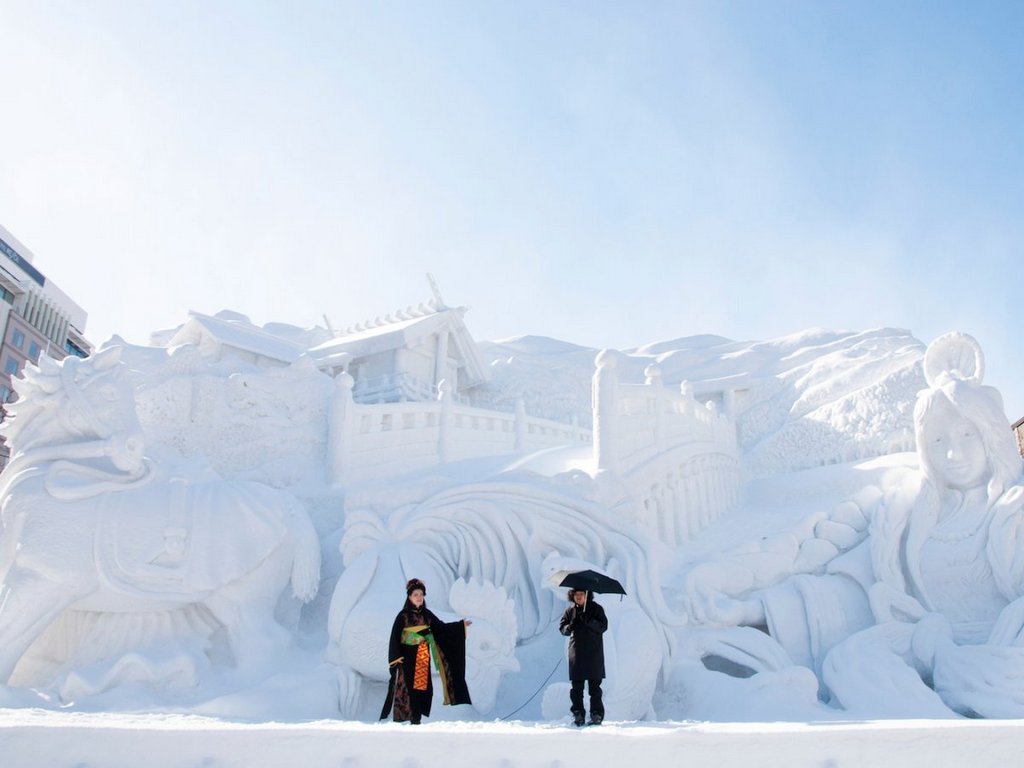
Sapporo has a high snowfall for a large city.
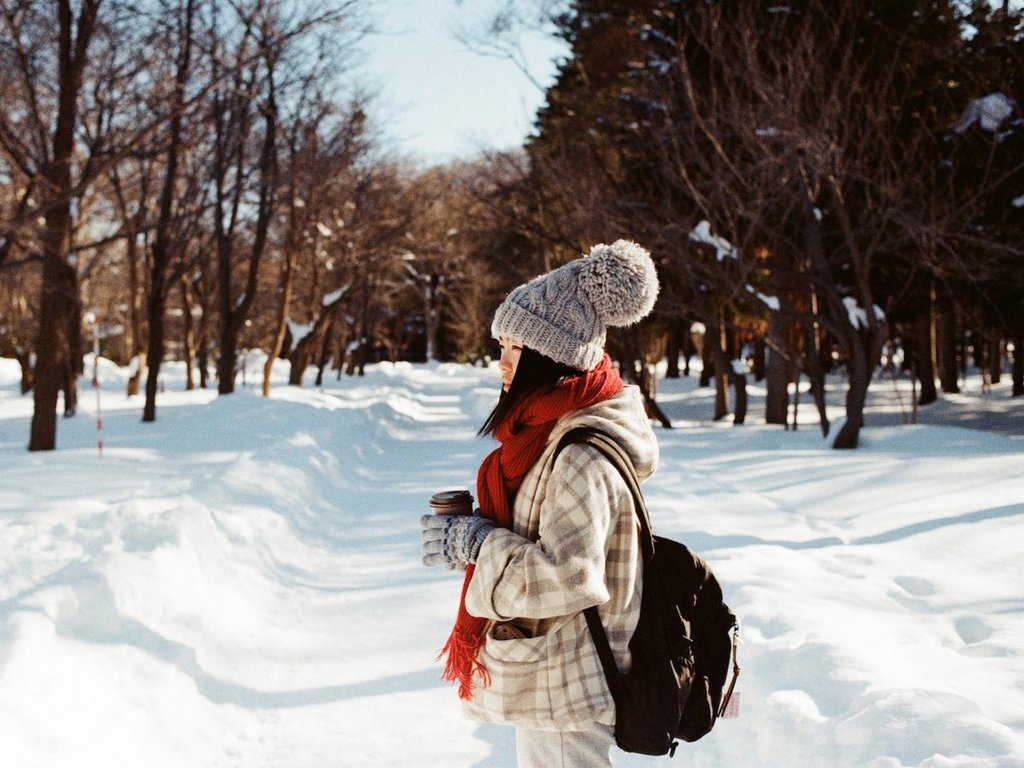
Temperatures are frigid during the winter.
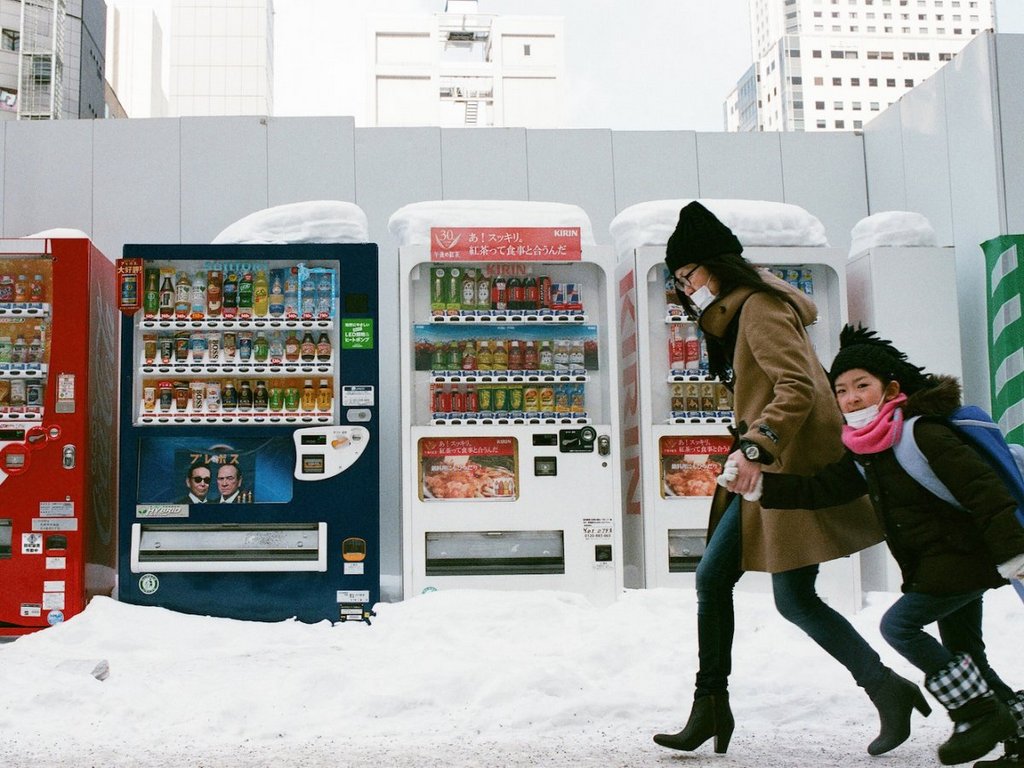
The city is also home to the Okurayama ski jump stadium, located on Mount Okura.
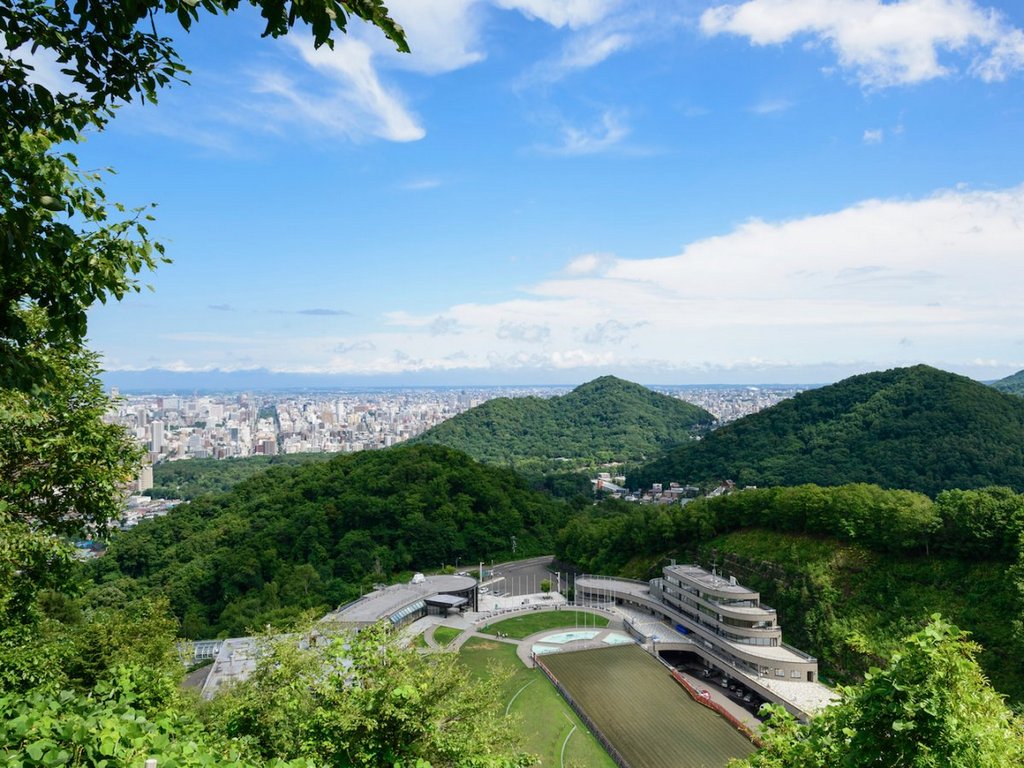
The Mount Okura observation deck provides impressive views of the sprawling city below.
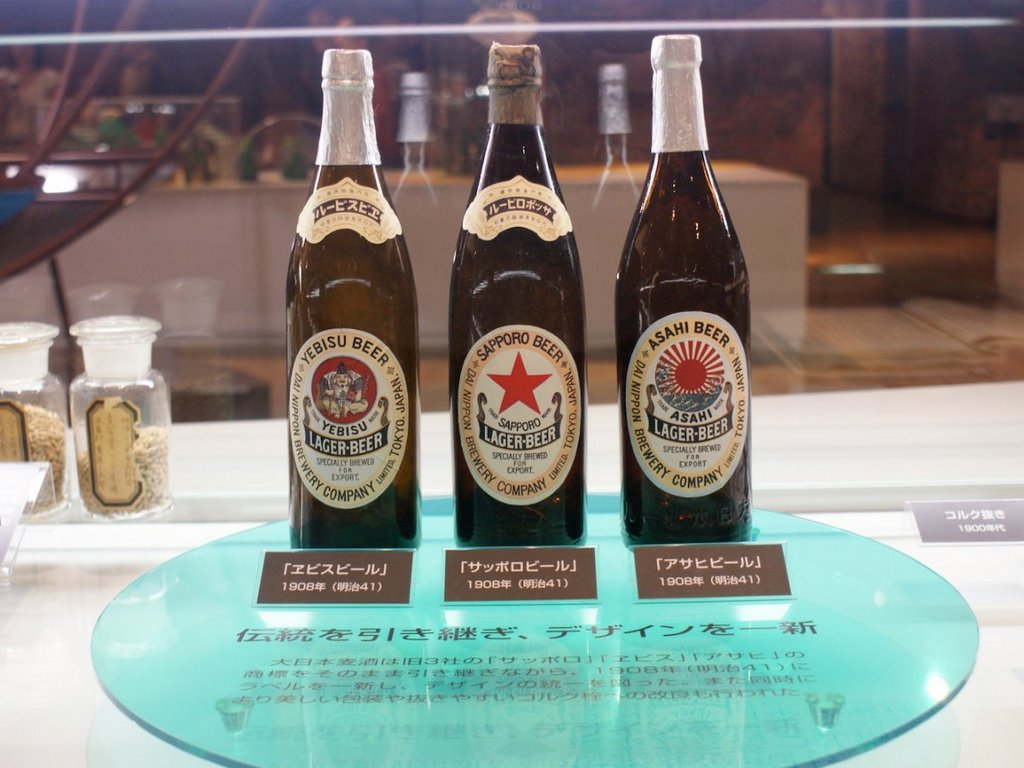
Sapporo is best known for its beer, which is named after the city. The brewery is open to visitors.

History lovers can check out the Hokkaidō Jingu, or shrine, in Sapporo.
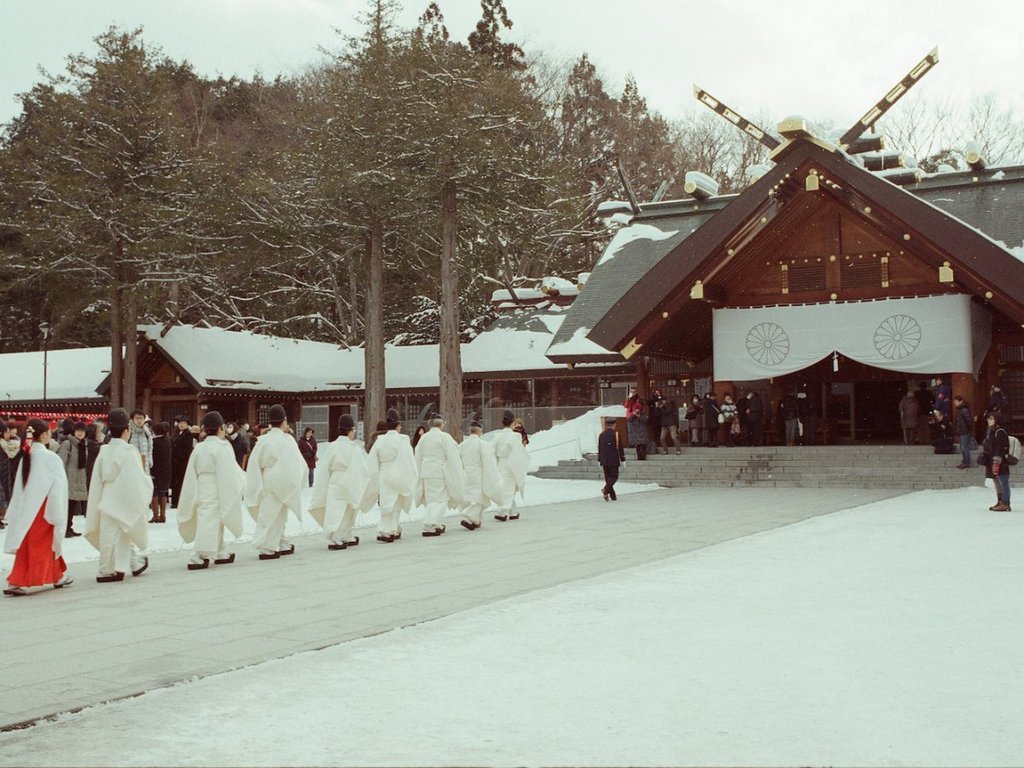
The port city of Otaru is just a short 30-minute drive from Sapporo and home to the Otaru Canal.
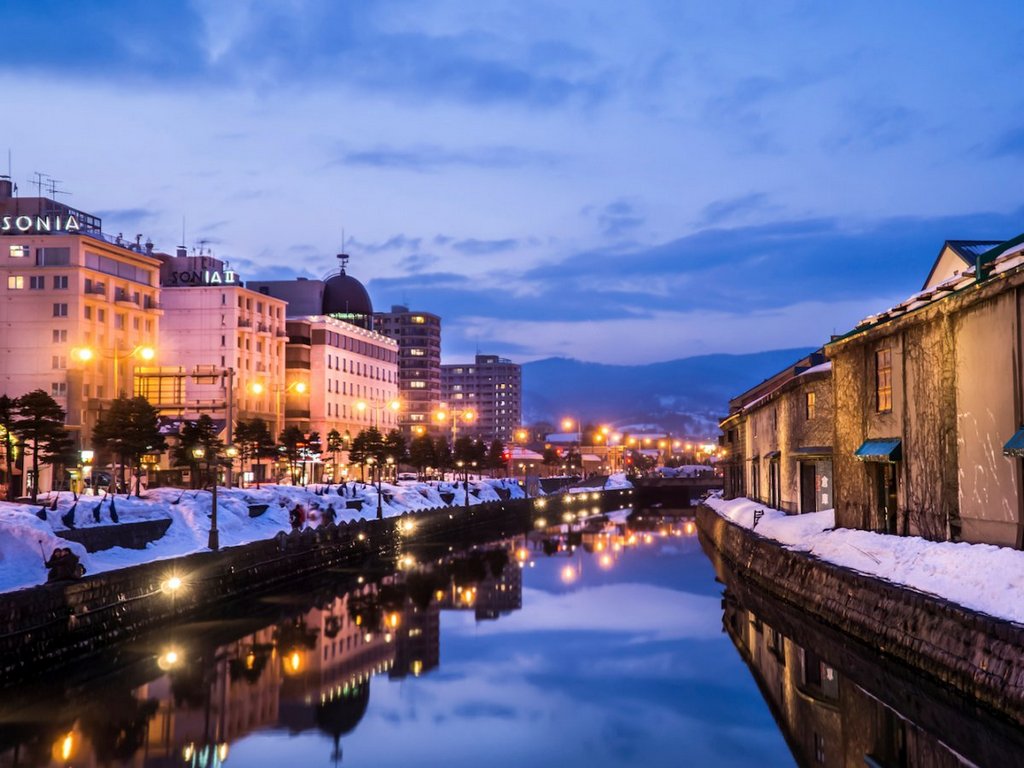
Used for unloading boats and ships in the early 1900s, the canal was eventually restored, and its warehouses were converted to museums, restaurants, and shops.
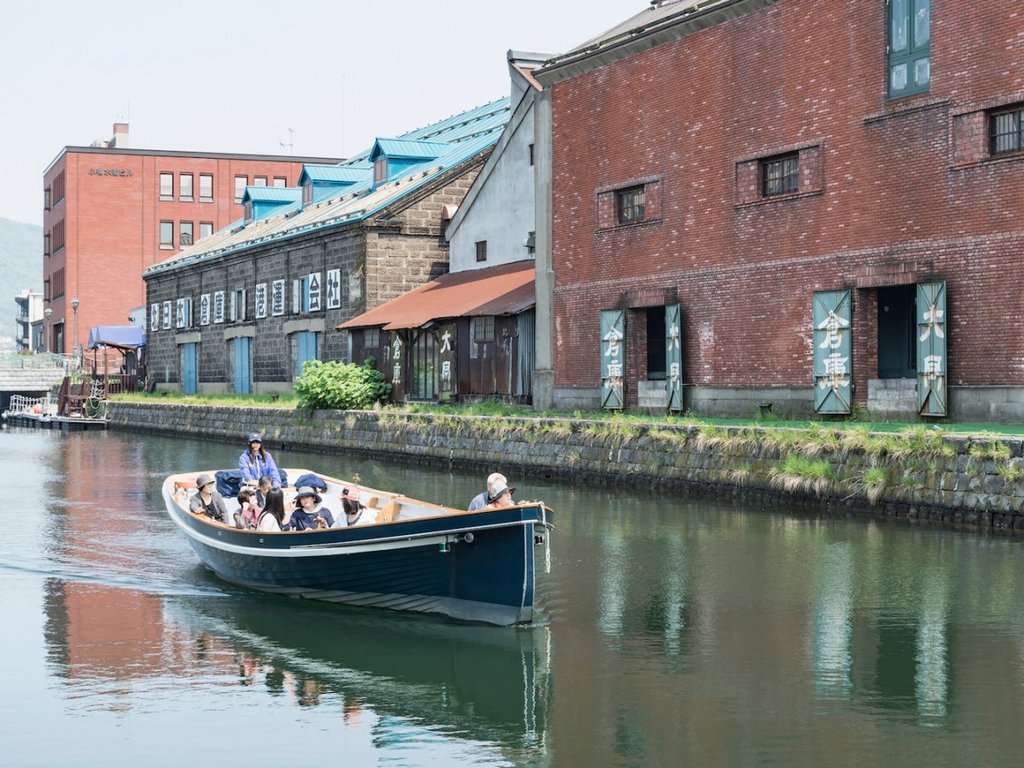
Another one of Hokkaidō’s must-see cities is Hakodate. For views of the city’s port, walk up the Hachiman Zaka slope.
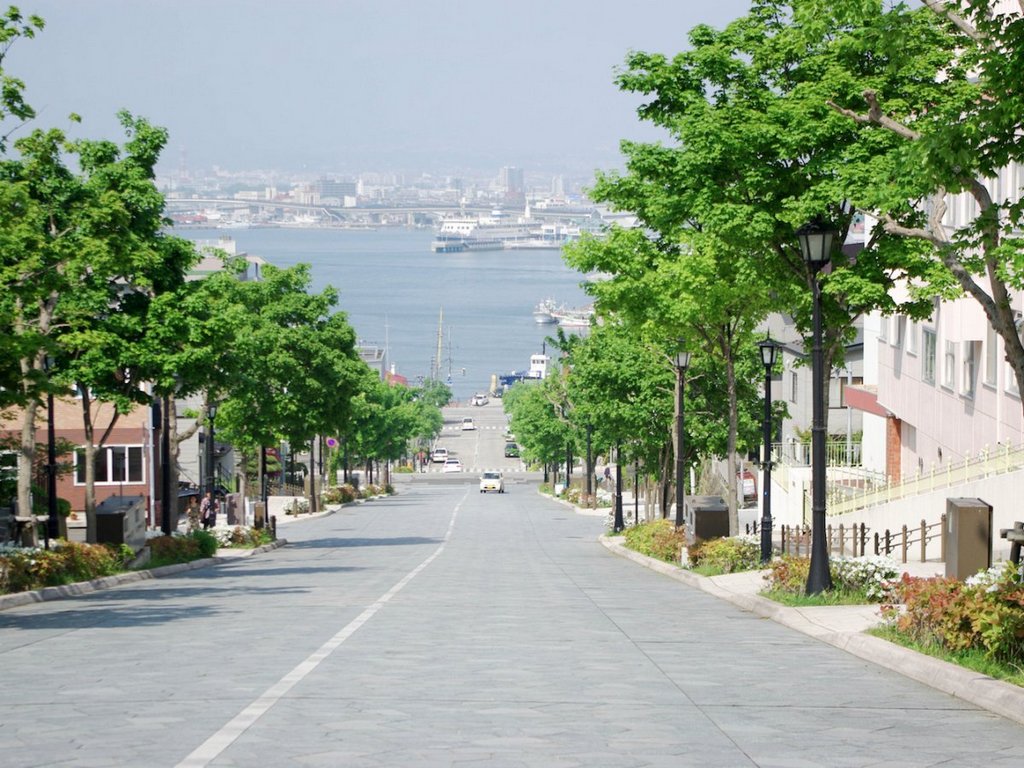
The Goryokaku Tower also provides stunning views of Hakodate.
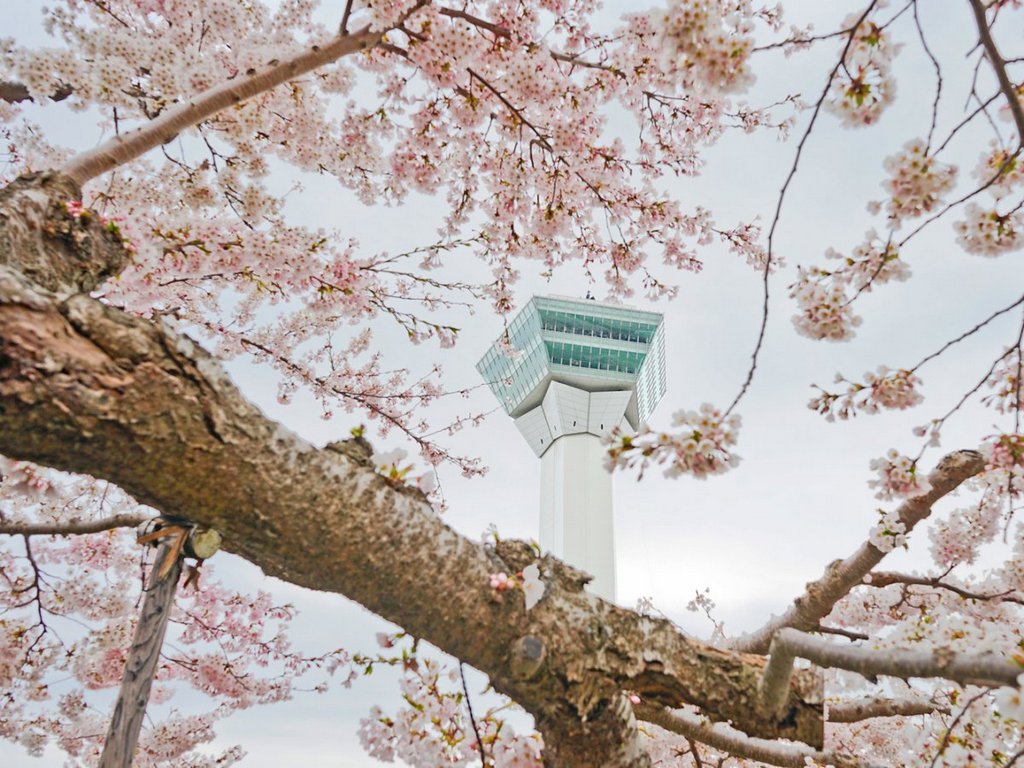
Here’s Hakodate as seen from the tower.
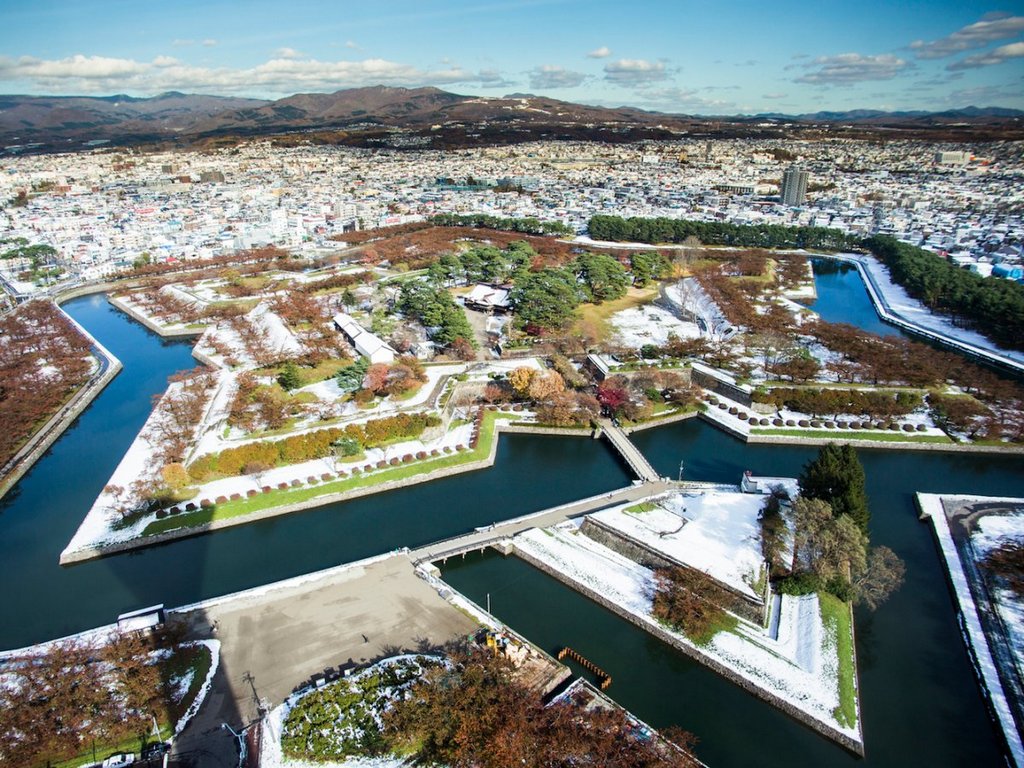
Being a port city, Hakodate is known for its super fresh seafood.
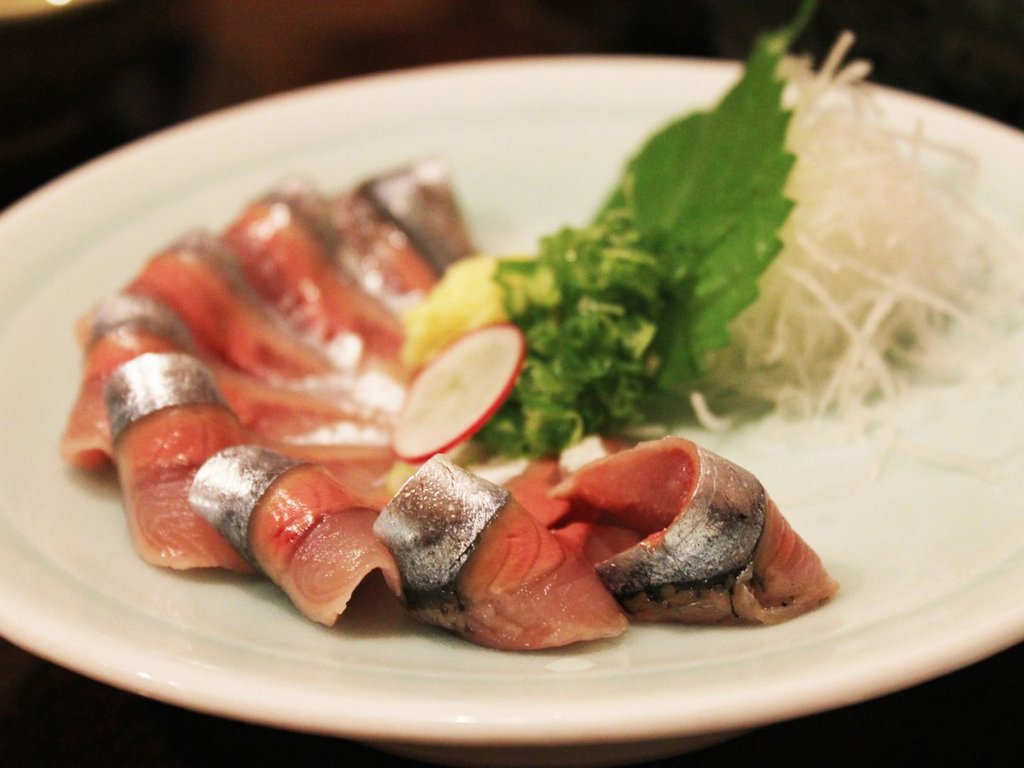
Much of its delicious seafood can be found at the Hakodate food market, which opens at 5 am and features over 300 stalls.
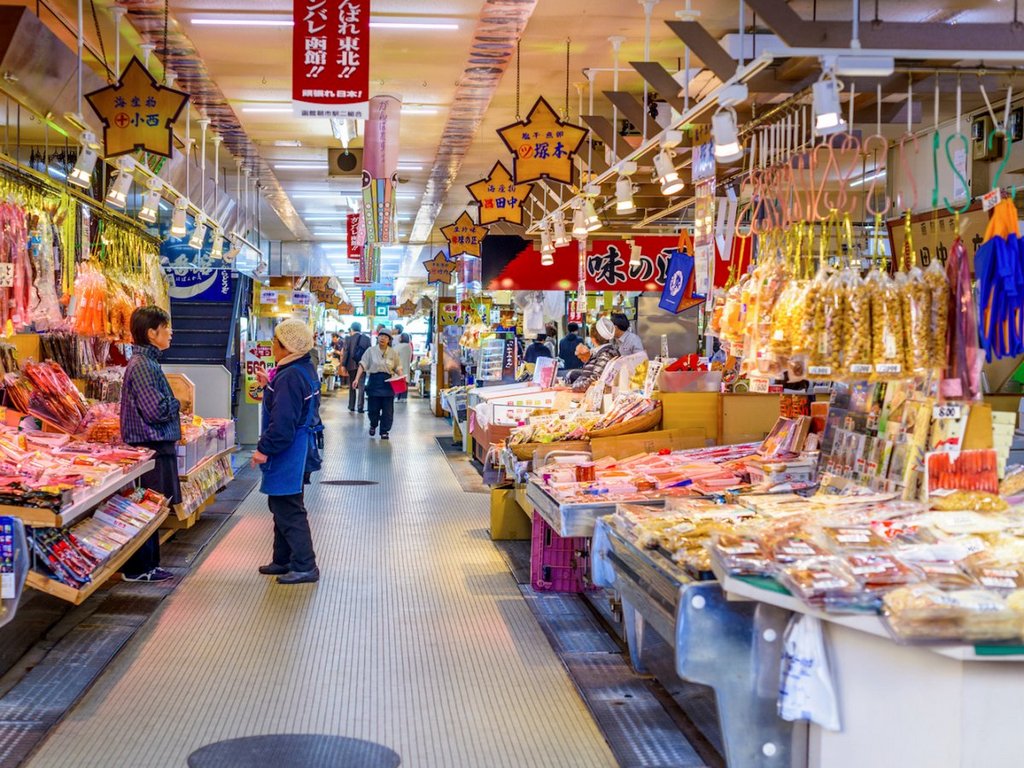
You’ll run into some king crabs…
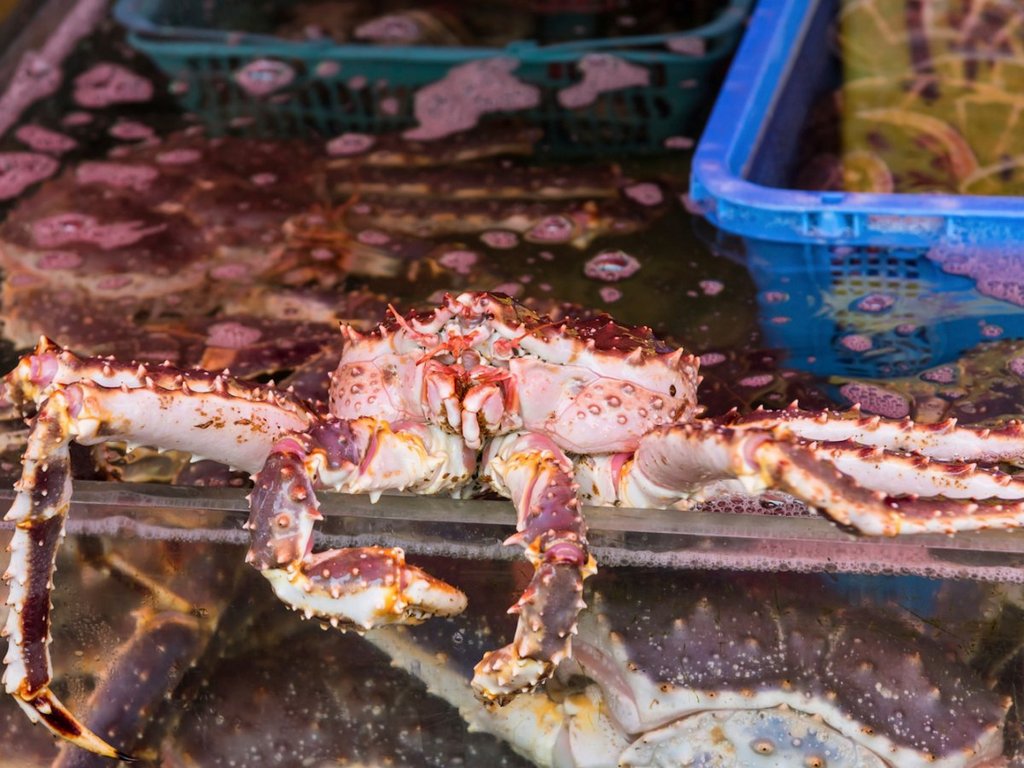
…which make for a great meal.

Hakodate is an ideal place to see some of Japan’s beautiful sakura, or cherry blossoms.
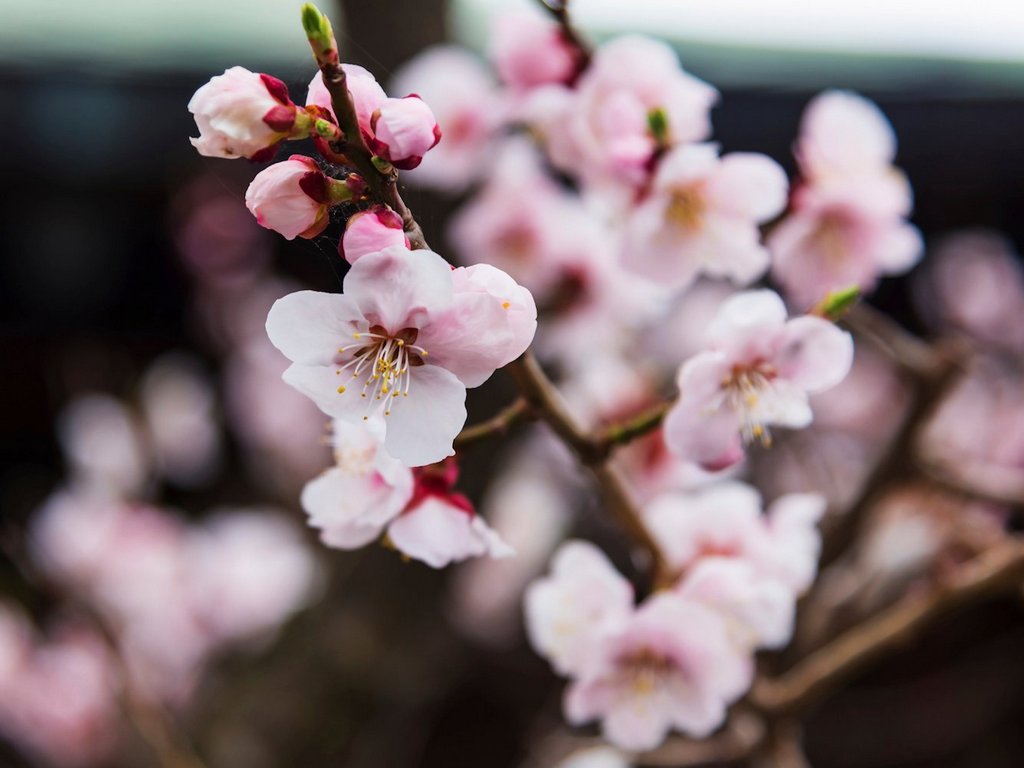
Flowers are even more abundant in Furano at the Farm Tomita. The city is known for its extensive lavender fields.
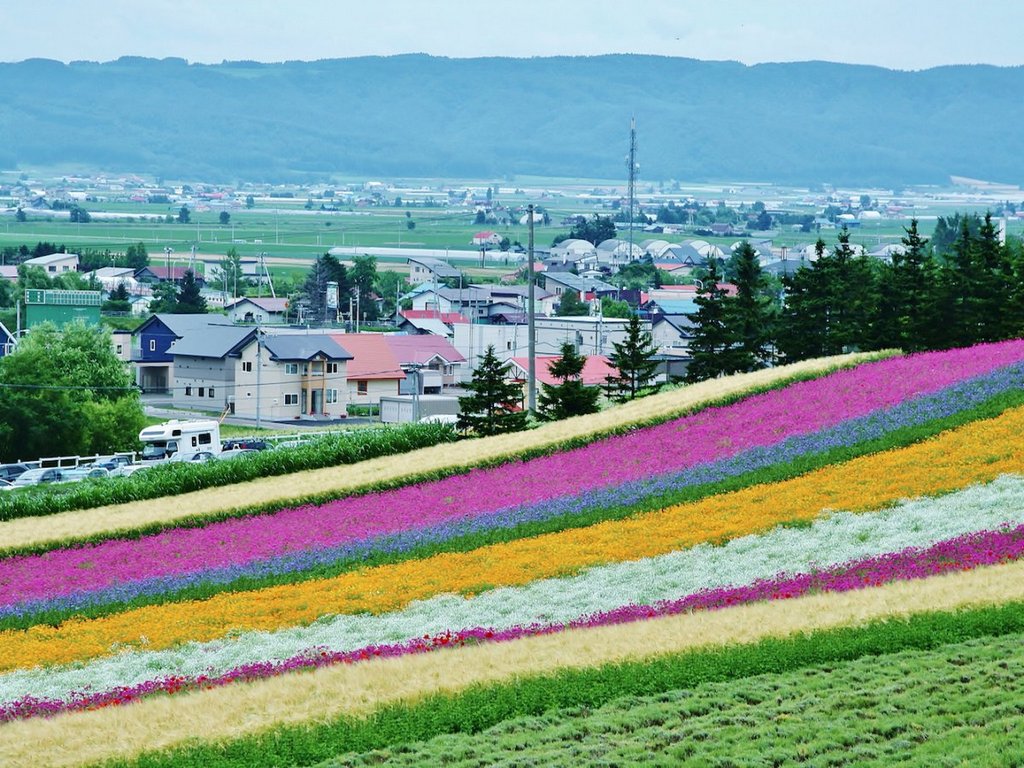
Skiers and snowboarders should take a trip to Niseko’s Grand Hirafu Ski Resort.
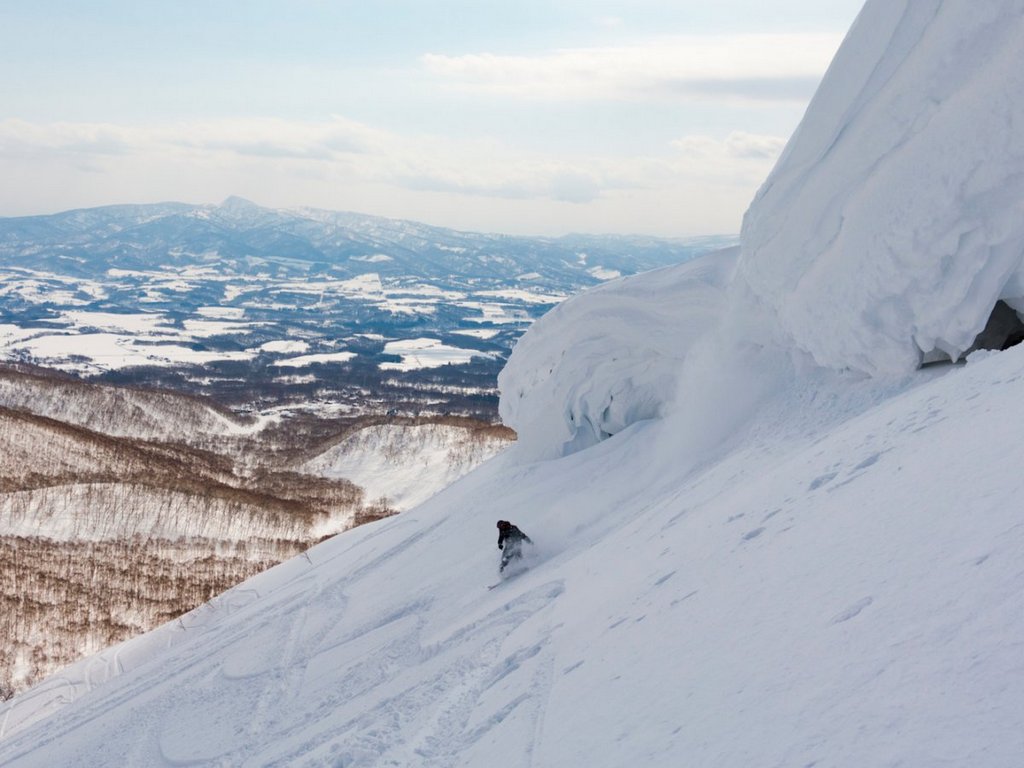
The resort provides groomed slopes and unobstructed views of Mount Yōtei, an inactive volcano.
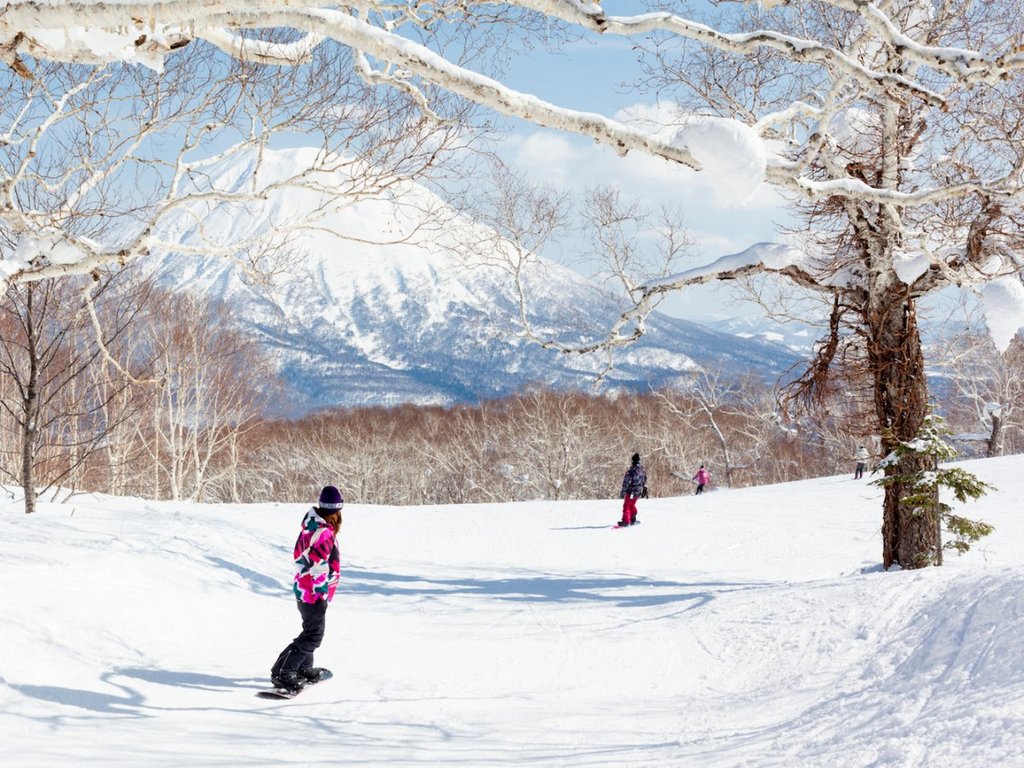
Volcanoes are common throughout Hokkaidō. This is Mount Rishiri, which sits in the Sea of Japan and forms Rishiri Island.

Hokkaidō’s tallest peak is Mount Asahi-Dake, which is located in Daisetsuzan National Park.
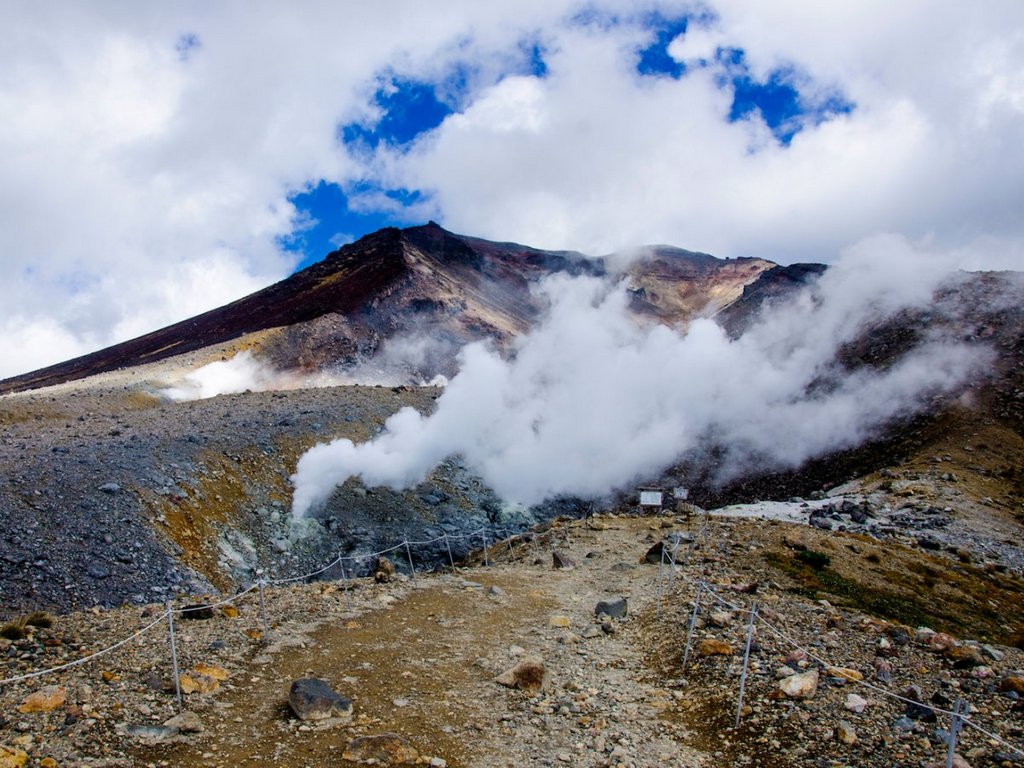
Daisetsuzan is Japan’s largest national park.
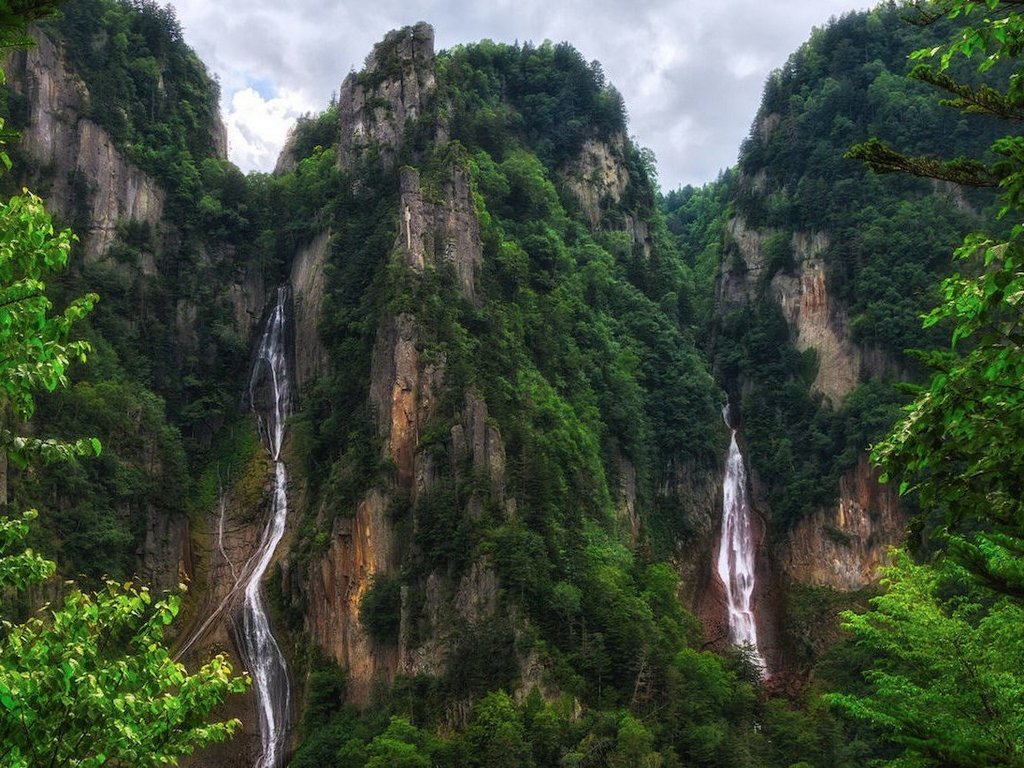
Hot springs are also abundant in the area.
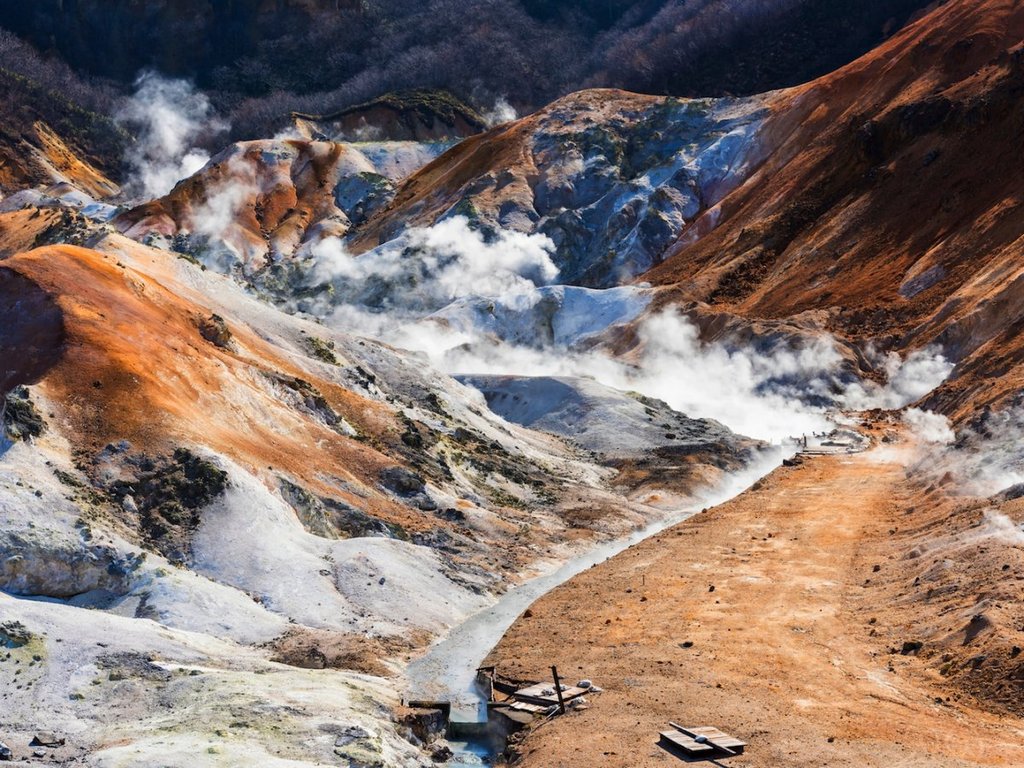
Jigokudani in Noboribetsu is commonly referred to as Hell Valley. A wooden walkway leads through the springs.
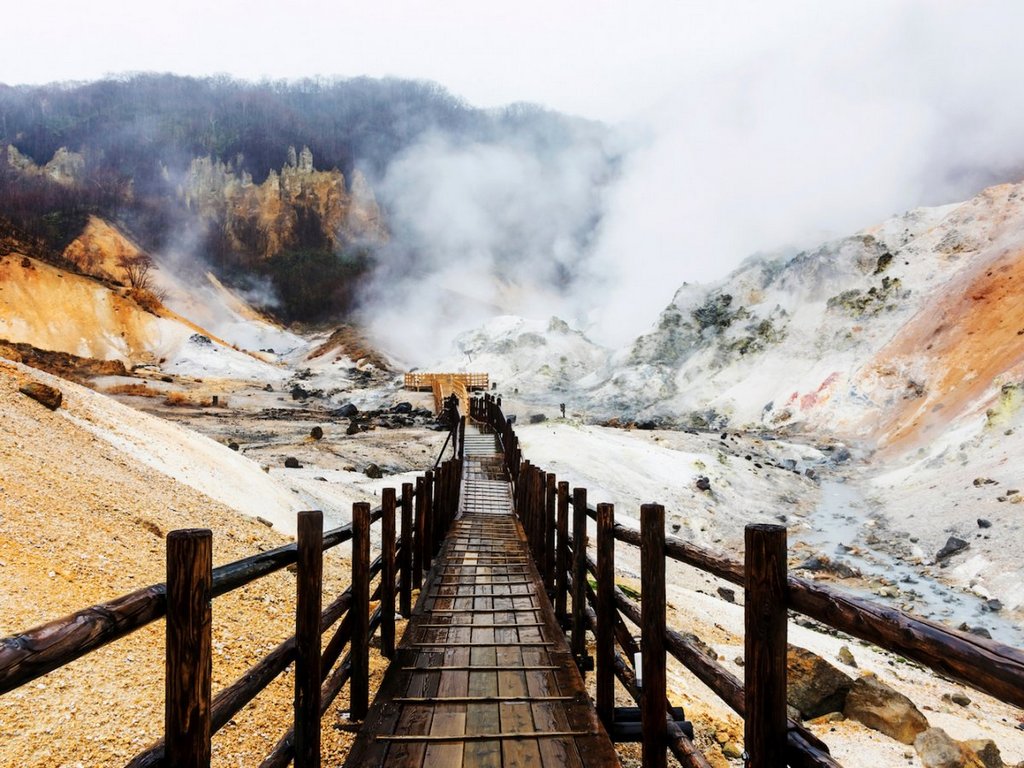
Jigokudani’s colors are particularly vibrant during the fall.
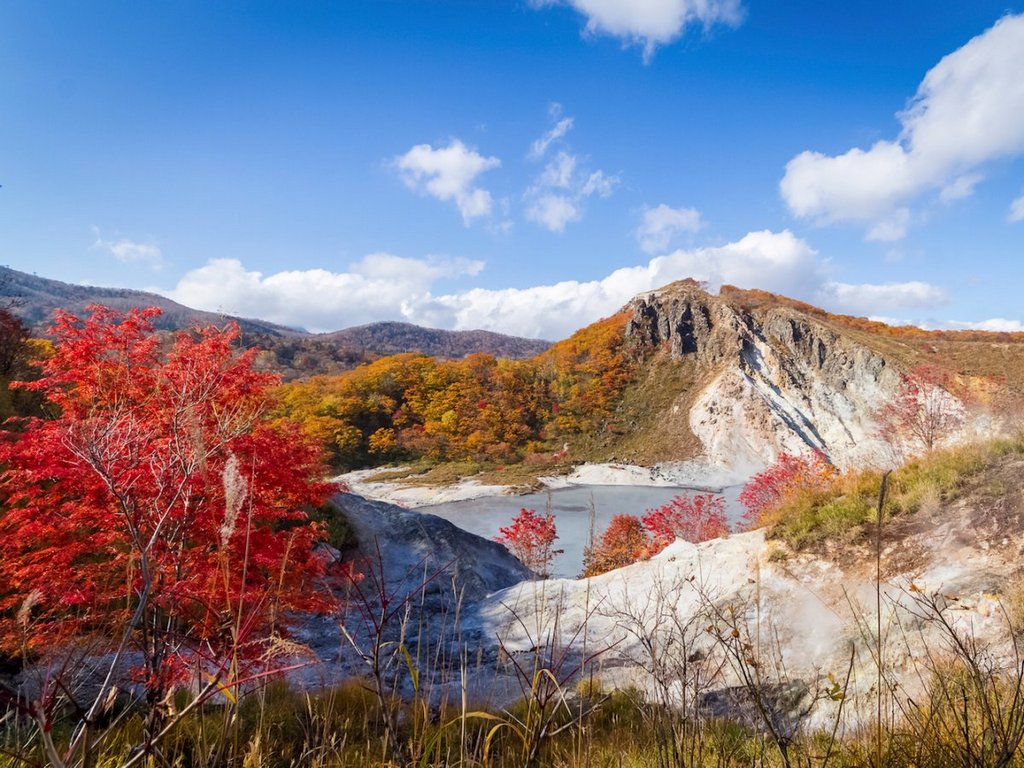
For rugged coastlines, take a trip to the Shakotan Peninsula Cape, which lies along the Sea of Japan and includes the picturesque Cape Kamui.
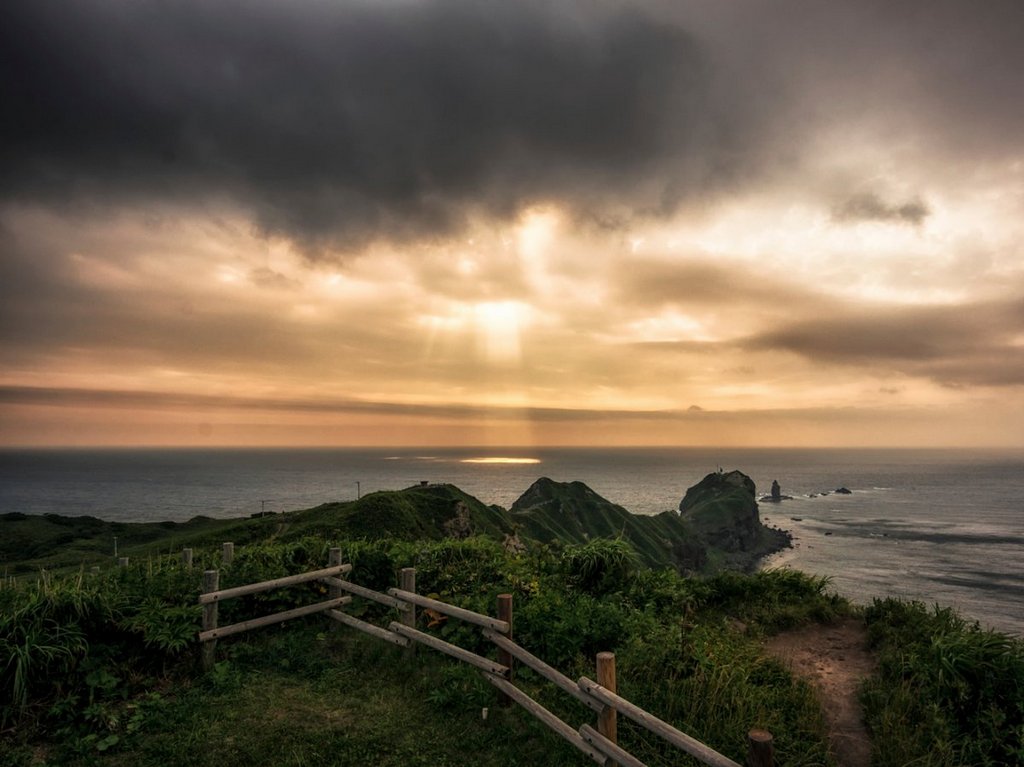
And if you want to see some of the creatures that inhabit this diverse region of Japan, make a stop at the Asahiyama Zoo in the city of Asahikawa.
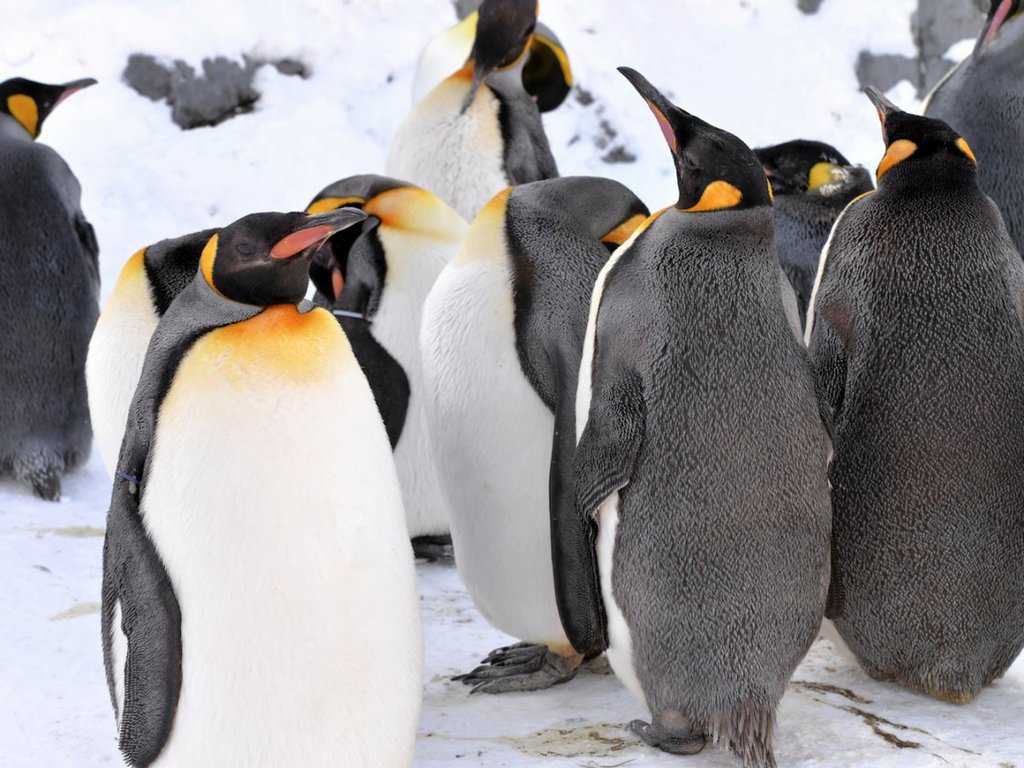
Read more about Japan travel guide at here.

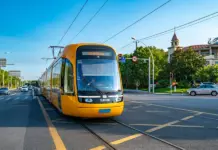
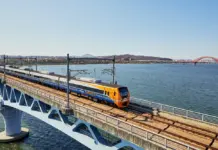
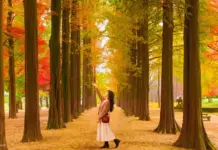

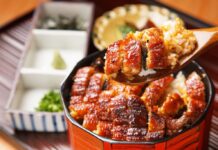
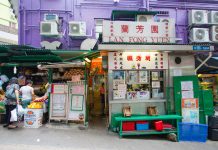
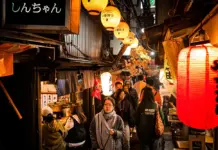
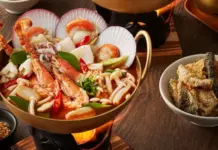
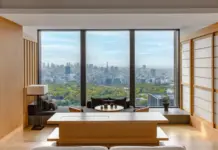
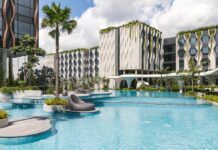
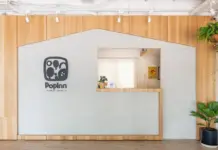
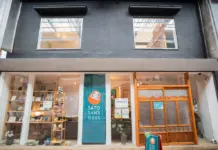


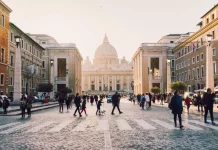
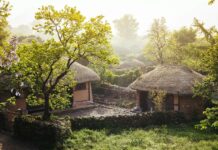
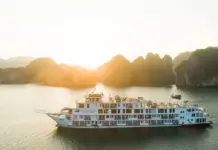
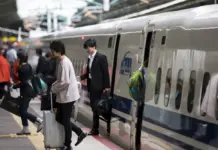
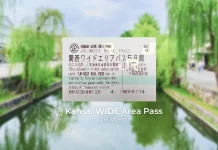


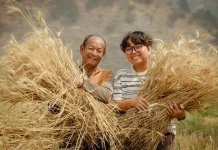
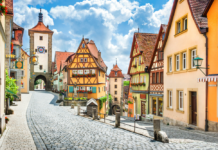


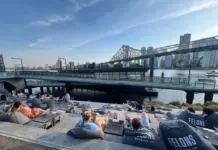
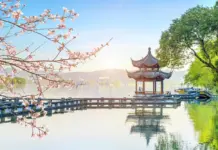

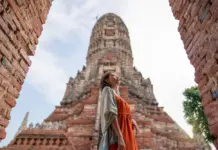
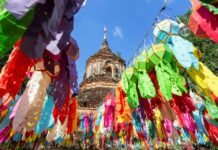

![10 best airports in Asia in 2016 [RANKED] kuala-lumpur-international-airport-best airports in asia in 2016 by skytrax ratings](https://livingnomads.com/wp-content/uploads/2016/08/29/kuala-lumpur-international-airport-best-airports-in-asia-in-2016-by-skytrax-ratings-218x150.jpg)
